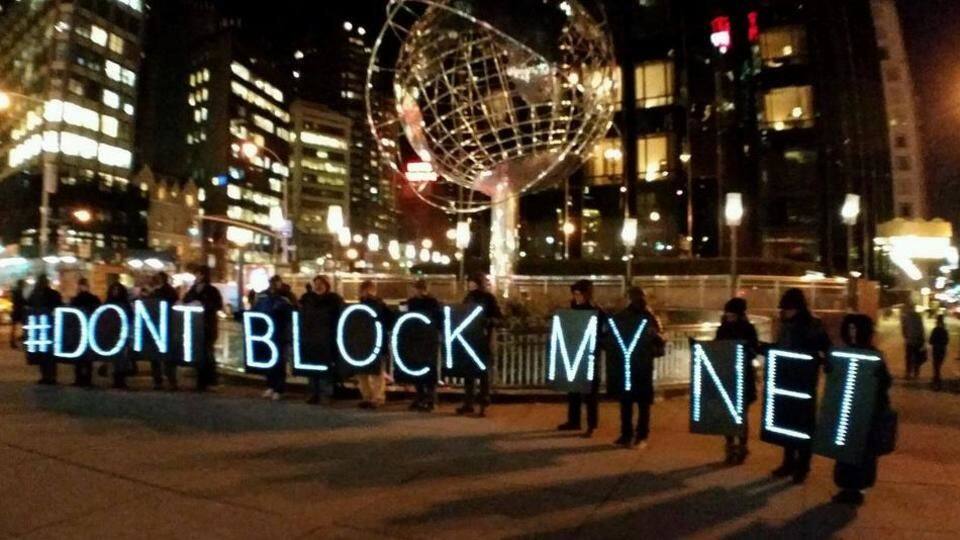
TRAI backs net neutrality: Know what all it has recommended
What's the story
As the net neutrality debate gains steam in the US, the Telecom Regulatory Authority of India (TRAI) has issued its recommendations on the matter here. It has taken a stand against "discrimination in the treatment of content, including practices like blocking, degrading, slowing down or granting preferential speeds". However, it has exempted a few systems. Here's more.
Debate
The arguments for and against net neutrality
In brief, net neutrality ensures that telcos allow users non-differential access to all internet traffic, irrespective of type, destination, content, means of transmission etc. Supporters of net neutrality argue its removal would allow telcos to control access to data by giving an edge to firms partnering with them. The few that oppose net neutrality say providing some applications for free can promote internet penetration.
India
How the issue picked up steam in India
In India, the debate started in 2015 when companies like Airtel, Facebook, Reliance and Flipkart launched plans effectively removing neutrality. After widespread complaints, the Department of Telecom (DoT) wrote to the TRAI in 2016 to seek its suggestions. In January'17, TRAI floated a consultation paper seeking views on how to ensure non-discriminatory access to the internet. In August, it launched an open house discussion.
Companies
Facebook's 'Free Basics', Airtel's 'Airtel Zero'
Two names that attracted major opposition were 'Free Basics' and 'Airtel Zero'. For the former, Facebook teamed up with Reliance, Samsung, Ericsson, Nokia and more to offer users free access to a few websites handpicked by Facebook. Meanwhile, Airtel launched the 'Airtel Zero', a plan that allows customers to access apps for free, but only for those companies that choose to partner with Airtel.
TRAI
What does TRAI have to say about it?
TRAI has backed "restrictions on any discrimination in internet access". Service providers shouldn't be allowed to enter discriminatory agreements at all. Restrictions would apply to the public-accessible "Internet Access Services". "Specialized services", critical "internet of things" services (as identified by DoT) and traffic on telcos' own networks (without going through public internet) are exempted. A multi-stakeholder body should be formed to monitor the system.
Do you know?
What happens next?
The suggestions have been forward to the Ministry of IT and Communication. The DoT will take these into consideration when it forms relevant rules for the telecom industry. TRAI says the basic principle is that the internet is an open platform and should remain so.
Impact
Will US' move against net neutrality affect things in India?
Meanwhile, the US has started working towards repealing net neutrality, but considering Indian authorities' consistent stand against such a move, experts say users in India shouldn't worry yet. Last year, TRAI prohibited telcos from charging differential rates for data services. However, it doesn't mean the current attitude will last permanently. But with TRAI's recommendations, net neutrality in India is likely to get a boost.